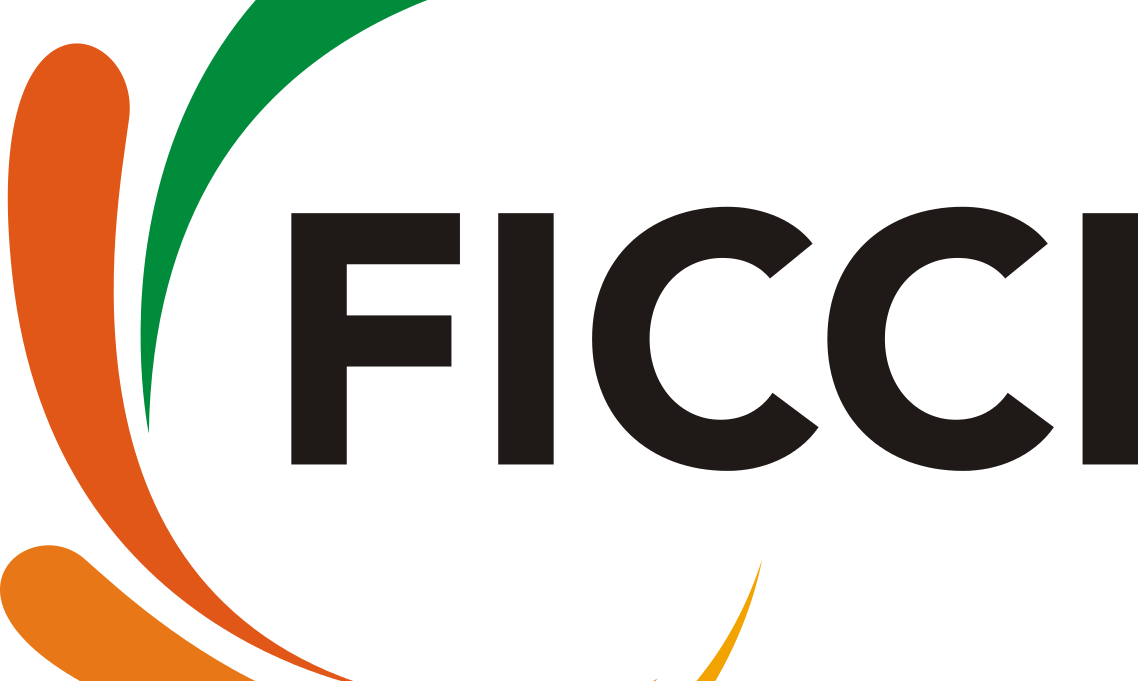As summer heats up, there is another topic that is gaining momentum. The critical discussion on GST recommendations is planned in the 3rd week of May and the government is inviting representations to hear concerns and feedback from the industry.
In this regard, FICCI presented the demands of small-hotel owners from Goa to Shri Manohar Parrikar, honourable Chief Minister and Finance Minister of the State. Excerpt from the representation by FICCI, “FICCI believes that GST can be the single-biggest game-changer for the hospitality sector, especially in the budget category which comprises 80% of the market. The budget hotel sector believes that contribution to the growth of the economy is vital but also equally important is that the services remain within the reach of the people of this country. Any substantial increase in the taxes will leave no choice for these hotels but to pass on the burden to the end-customer. Accordingly FICCI requests that hotel-accommodation with less than Rs 2000 per night room tariff should be put under the 5% GST rate structure.”
Budget category hotels which earn less than Rs. 2,000 per room night comprise 80% of the market. These are the preferred options for the “common man”, primarily since they are the only ones within their means and reach. The hotel industry currently receives an exemption in service tax if the room tariff is less than Rs. 1,000 vide notification no. 25/2012 dated 20-06-2012. This exemption was provided in the year 2012 and has remained unchanged despite the price rise due to inflation. There is also an added component of luxury tax. In Goa, there are two different luxury tax slabs depending on the time of the year. Between June 1 and September 30, there is no luxury tax for hotels charging up to Rs. 750 per room-night. For tariff ranging from Rs. 750-3000 the luxury tax is 4.5%, from Rs. 3,000-5,000 it is 6.75%, while for anything higher, there is a 9% luxury tax. For the remaining period, there is no luxury tax for hotels charging up to Rs. 750 per room-night, 6% luxury tax for room tariff between Rs. 750-3000, 9% for tariff between Rs. 3,000-5000 and 12% on anything higher than that. In contrast, there is no luxury tax levied in states such as Jammu & Kashmir, Sikkim, Orissa and Arunachal Pradesh. Many other states either have a low rate of luxury tax or the threshold limit is pegged at higher slab, such as in Rajasthan and Madhya Pradesh, for relief to Budget Hotels.
A low tax rate on budget hotels is equally important even in the GST regime, to ensure that the cost burden is not passed on to the lower and middle strata of the society who are the biggest customers for these budget hotels. Currently, there are 160 countries in the world that have implemented VAT/GST and the average rate of tax on budget category hotels is 5%. Tariff with low tax rates will also significantly increase foreign and domestic travel in India leading to a positive impact on tourism-induced employment and revenue collections.
Mr. Randhir Thakur, owner of Hotel Sodders Renton Manor said, “We are grateful for FICCI to provide us a platform to share our concerns with the government. We want to be a part of one nation-one tax regime. We just don’t want it to happen at the cost of our business – there is no way the budget hotel industry will be able to sustain a high GST slab.”
Mr. John Lopes, owner of Hotel V Palm, added, “We are not looking for exemptions. This is a sincere request that the government looks into the impact that a high tax slab can have on small businesses, customers and the travel & tourism industry as a whole, which supports many semi-skilled and unskilled workers.”
Budget hotels are a source of gainful employment for thousands of people across cities and semi-rural areas. The government has been responsive to similar concerns of small business owners such as dhabas and restaurants who are a major component of tourism promotion and source of employment of unskilled population. Hence, logic of low tax rate without any exemptions should also extend to the budget hotel sector.
Impact on Travel GDP, employment & industry growth
• Tourism in India accounts for 7.5 % of the GDP (US$ 136.2 billion in 2016)
• Hotel accommodation category is the single biggest contributor to the tourism industry.
• Tourism supports 38.4 million jobs (8.7% of total employment) in the Indian economy
• It is the third largest foreign exchange earner for the country.
• The sector is expected to grow at more than 7% CAGR during 2015-25 and contribute $280 bn to GDP by 2026.



























